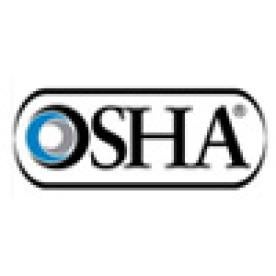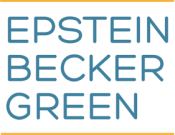OSHA announced in April 2013 its initiative to protect temporary workers. Since then, OSHA has published three bulletins intended as guidance documents for situations where a staffing agency and a host employer are considered joint employers, sharing the responsibility to meet the health and safety requirements under the OSH Act. The two most recent bulletins cover Personal Protective Equipment (PPE) and Whistleblower Protection Rights.
The recurring theme of the bulletins emphasized by OSHA is the joint responsibility both employers assume for worker safety and health and the fact that neither the staffing agency nor the host employer is exempt from liability because the other failed to fulfil its responsibilities. OSHA encourages both parties to have a written plan in place before temporary workers are employed. However, such a plan doesn’t absolve either the staffing agency or the host employer from legal responsibility but it may clarify expectations.
When an employer deems PPE necessary, the employer provides both equipment (at no cost to the employee) and training to its employees. The employer is also responsible for ensuring that the PPE is not defective and if damaged, is not used. Additionally, there may be occasions when a medical evaluation is needed for the use of respiratory protection and this too is the employer’s responsibility. In the case of temporary workers, the host employer generally assumes responsibility for providing the proper PPE and training because it is most familiar with, and in the best position to assess, potential hazards. However, according to OSHA the staffing agency as a joint employer should ensure that the host employer provides the proper PPE and training and to that end, the staffing agency should also assess the potential hazards on an ongoing basis. In OSHA’s opinion, as joint employers, both the staffing agency and the host employer are liable for workers’ safety and health regardless of which one assumed responsibility for providing and paying for adequate PPE and training.
The third bulletin provides guidance regarding Whistleblower Protection Rights. Under section 11(c) of the OSH Act, workers who report injuries or raise safety and health issues with their employer or OSHA are protected from retaliation by the employer. Such action by an employee is considered a “protected activity.” According to OSHA, this protection extends to temporary workers who are protected from retaliation by both the staffing agency and the host employer. If a host employer requests the staffing agency to remove a temporary worker from its worksite after the temporary worker raised health and safety concerns or reported an injury, and the staffing agency obliges by moving the temporary worker to a new worksite, the staffing agency may still be liable for retaliation against that temporary worker. Temporary workers may file complaints of retaliation with OSHA against either the staffing agency or the host employer, or, in some circumstances both.
All three bulletins may be accessed in full on OSHA’s Temporary Worker Initiative page https://www.osha.gov/temp_workers/index.html.




 />i
/>i


